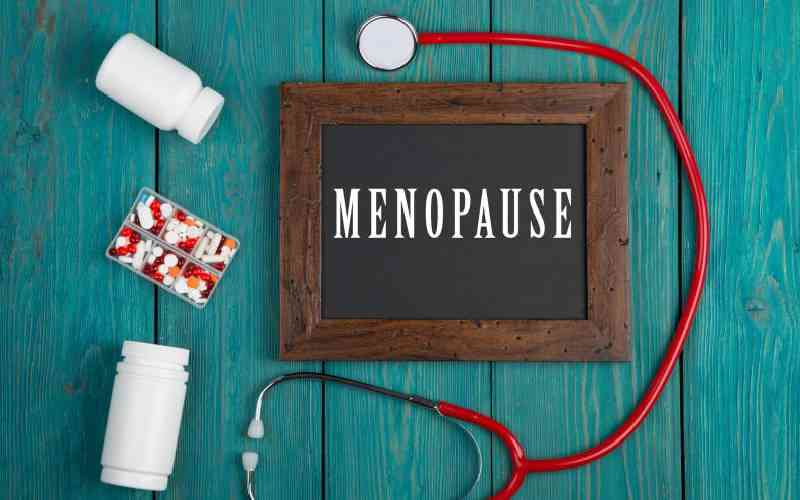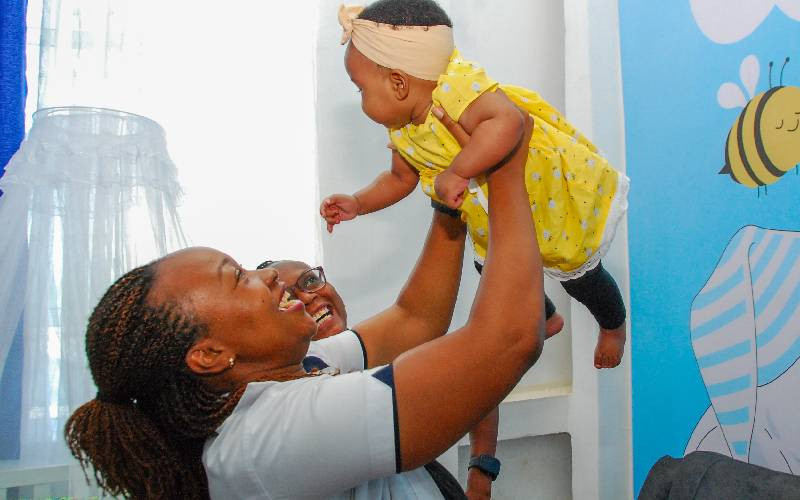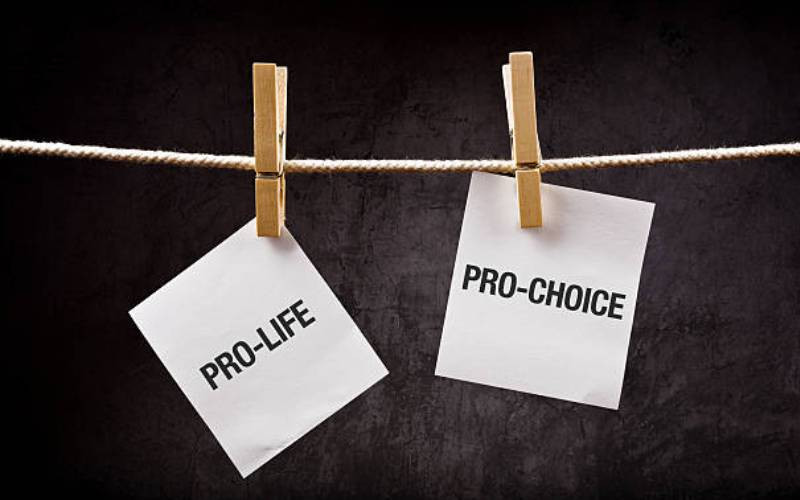Remember how population experts were worried about a population explosion? Well, they aren’t anymore. Infact, falling fertility rates are shrinking populations of countries across the world. They attribute this global trend to women’s increased drive for education and careers coupled with affordable and accessible contraception. The fertility rate in Kenyan women has been declining too. According to the United Nations Population Division World Population Prospects and Kenya’s Census reports, the average Kenyan woman would have 8.126 live births in 1966, 5.4 in 1996 to 3.468 in 2019. Women continue to have fewer babies as years go by. Is this a good thing for women?
The pregnancy glow is temporary
Scientists from the University of Washington caution about the possibility that multiple pregnancies could make a woman age faster. An excerpt from the study published in Scientific Reports states, “Even after accounting for other factors that affect cellular ageing, the number of pregnancies still came out on top.” This conclusion was reached at after analysing two cellular aging markers in young women with dissimilar reproductive histories. Even if pregnancy gives women that beautiful glow, makes them look younger, it is only temporary. Cumulative and lasting effects of the strained body processes show up later in life.
 The Standard Group Plc is a multi-media organization with investments in media
platforms spanning newspaper print
operations, television, radio broadcasting, digital and online services. The
Standard Group is recognized as a
leading multi-media house in Kenya with a key influence in matters of national
and international interest.
The Standard Group Plc is a multi-media organization with investments in media
platforms spanning newspaper print
operations, television, radio broadcasting, digital and online services. The
Standard Group is recognized as a
leading multi-media house in Kenya with a key influence in matters of national
and international interest.











